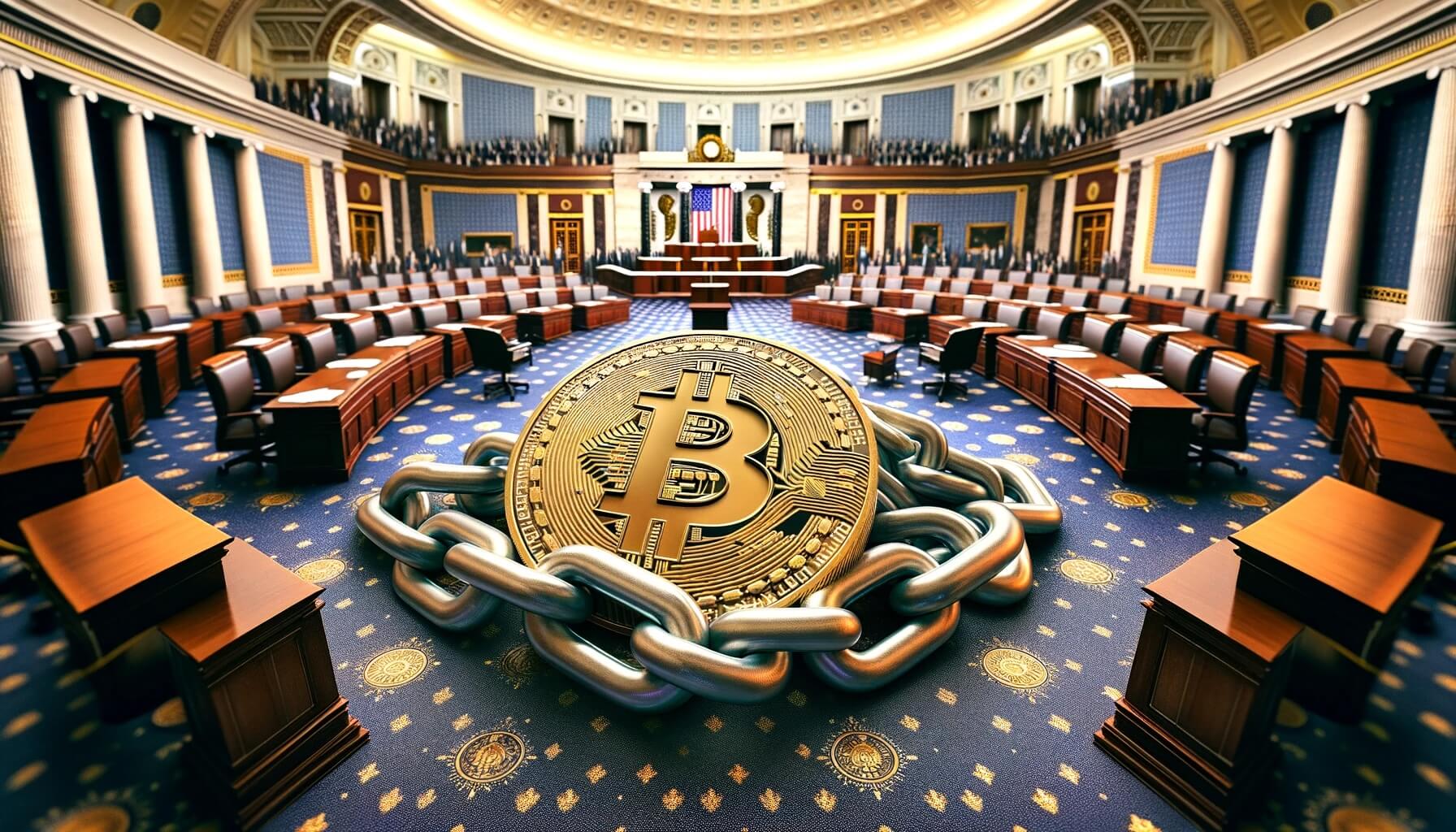
Senator Elizabeth Warren (D-MA) this week announced an expanded coalition of Senate support for a bipartisan bill to limit the illicit financial risks of cryptocurrencies.
Five additional senators have signed on as co-sponsors of the bill, including three members of the Senate Banking, Housing and Urban Affairs Committee – Senators Raphael Warnock (D-GA), Laphonza Butler (D-CA) and Chris Van Hollen of Maryland (D -GA). -MD). Senators John Hickenlooper (D-CO) and Ben Ray Luján (D-NM) also joined.
The Digital Asset Anti-Money Laundering Act aims to bring the crypto ecosystem more in line with the anti-money laundering frameworks that govern the traditional financial system.
According to the Treasury Department, digital assets are increasingly used for money laundering, ransomware attacks, theft schemes, terrorist financing and other criminal activities. A White House report last year found that illegal crypto transactions reached $20 billion worldwide in 2021 – a record high.
The bill
The bipartisan Digital Asset Anti-Money Laundering Act aims to regulate digital assets such as cryptocurrencies to combat illicit financial risks. It would expand the definition of “financial institutions” that monitor anti-money laundering compliance to include cryptocurrency miners, hardware wallet providers and independent blockchain validators that facilitate digital asset transactions.
Within 180 days, the Treasury Department must issue anti-money laundering rules for these new covered entities. The bill grants the Treasury the authority to require their registration with FinCEN. It also sets a one-year deadline for FinCEN to finalize pending rulemaking on transactions involving convertible virtual currencies.
Additionally, the legislation directs FinCEN to impose new reporting rules and transaction oversight measures regarding digital currency mixers and anonymity-enhanced cryptocurrencies that are often used to obscure the provenance of assets. It directs the Treasury Department to establish regulations that force financial institutions to implement risk controls around interactions with anonymizing digital asset technologies.
The bill also outlines requirements for FinCEN, the Securities and Exchange Commission, and the Commodity Futures Trading Commission to develop specialized investigative procedures to assess anti-money laundering compliance among participants in the digital assets industry.
The problem
If the Digital Asset Anti-Money Laundering Act is passed as written, it could have a significant impact on Bitcoin. Designating Bitcoin miners, validators, and other network supporters as “financial institutions” would mandate their compliance with anti-money laundering regulations and Bank Secrecy Act oversight. This places new regulatory burdens and oversight on the key players maintaining the Bitcoin system. By directly targeting “anonymity-enhanced cryptocurrencies” and using mixed services to mask transactions, the bill also threatens Bitcoin’s appeal to privacy by banning interaction with tools that preserve user anonymity.
Additionally, expanded powers for the Financial Crimes Enforcement Network over cryptocurrency exchanges could increase oversight and regulation of entry/exit points between Bitcoin and fiat money. New reporting requirements could make Bitcoin transactions more difficult. Some argue that dragging digital asset backers such as node operators and wallet providers into the expanded definition of financial institutions could discourage participation in the Bitcoin infrastructure. Reduced decentralization could undermine the resilience of the network.
While the bill seeks to limit the illegal use of cryptocurrencies through strict anti-money laundering policies, imposed compliance challenges coupled with reduced privacy and decentralization may simultaneously hinder benign progress and adoption of Bitcoin.
The bipartisan bill reflects growing pressure to regulate cryptocurrencies in a context of increasing adoption. Additional supervision aims to combat illegal use while promoting responsibility throughout the sector. But imposed regulations also risk hindering technological progress, sparking intense debates among lawmakers and technology leaders.

